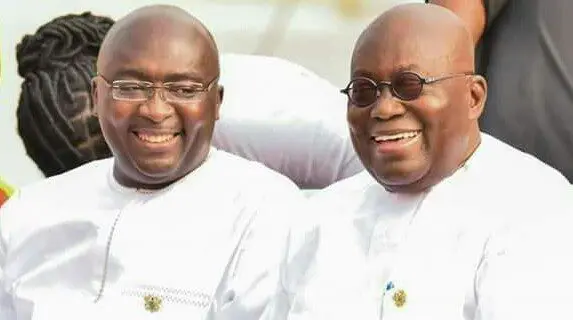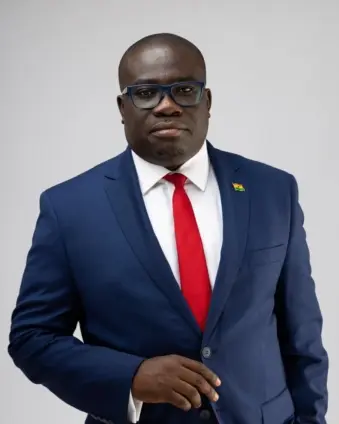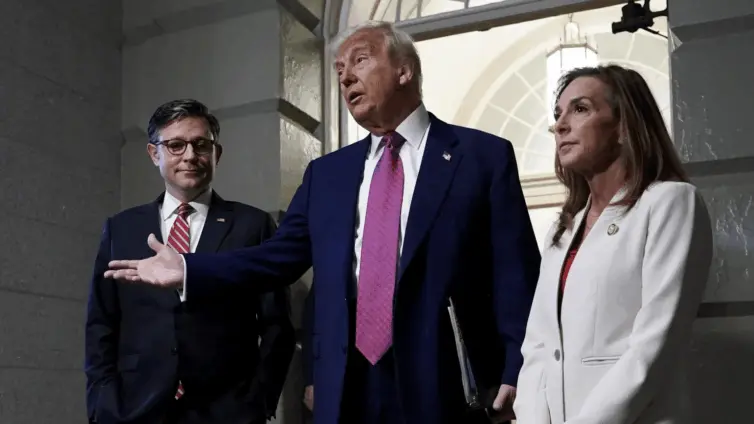Dodowa, Ghana – The rhythms of Krobo drums echoed through the air as President John Dramani Mahama, on his ‘Thank You Tour’ on May 16, 2025, found himself amidst a vibrant cultural performance. But it wasn’t just the music that resonated; it was also a subtle undercurrent of political commentary. Addressing a crowd, Mahama playfully referenced a prior controversy, drawing a line in the sand with a simple, yet calculated, gesture. The issue? A dollar gift bestowed by GoldBod CEO Sammy Gyamfi, an event that had previously stirred considerable debate. Mahama’s response was to highlight his own gift – a donation of GH₵500 to the very dance troupe that had just captivated the audience. This seemingly innocuous act served as a clever rejoinder, a way to address the prior controversy head-on without directly engaging in it. It was a moment of lightheartedness tinged with political savvy, a demonstration of how even a small gesture can speak volumes in the world of Ghanaian politics, particularly when managing perceptions around transparency.
The cultural troupe’s performance was, by all accounts, a spectacle. Dressed in traditional attire, they delivered a magnificent display of traditional dance and music. The sounds of the drums were loud, the music echoed the spirit of Kroboland, a land known for its rich heritage and vibrant traditions. President Mahama, visibly moved by the performance, watched intently as the dancers moved with grace and precision. The energy in the room was palpable, a testament to the power of culture to unite and inspire.
In a gesture of appreciation, President Mahama approached the performers. Stretching out his hand, he handed an envelope containing what he indicated was money to the female performer. But this was no ordinary act of generosity. Aware of the scrutiny surrounding gifts and donations, Mahama was careful to emphasize transparency. He publicly declared the amount and currency to “quell any negative aftermath.” “Let me begin by commending the cultural troupe for the very beautiful performance they gave and to put on record that the money that I gave was 500 cedis, and not dollars,” he stated, his words carrying a clear, albeit playful, message.
The context for Mahama’s remark lay in the preceding controversy surrounding Sammy Gyamfi’s dollar gift to self-styled evangelist Patricia Oduro Koranteng, formerly known as fetish priestess Nana Agradaa. This gift, captured on video, had sparked major controversy, drawing criticism from various segments of Ghanaian society. The act raised questions about ethics and transparency, particularly given Gyamfi’s position as a public figure. The incident did not go unnoticed, even drawing the attention of the Chief of Staff.
The fallout from Gyamfi’s dollar gift was significant. It prompted a summons by the Chief of Staff, Julius Debrah, highlighting the seriousness with which the government viewed the matter. The public reaction was largely negative, with many Ghanaians issuing reprimands. The incident even led to petitions by a private individual and the Minority in Parliament for a probe, underscoring the level of concern it generated. Ultimately, Mr. Gyamfi was cautioned, and the matter has been resolved, but the incident left a lingering shadow, a reminder of the importance of ethical conduct in public life. The controversy, which centered around what some perceived as an inappropriate gift, underscored the sensitivities surrounding financial transactions involving public figures.
Mahama’s response, therefore, was a masterclass in political communication. By publicly disclosing the details of his own, smaller donation, he sought to create a clear contrast with the Gyamfi incident. The power of juxtaposition was evident; a small act of kindness, openly declared, versus a larger, more controversial gift shrouded in secrecy. This served to distance himself from the controversy and reinforce the image of a leader committed to transparency and accountability. In a nation where perceptions often carry as much weight as facts, this subtle act of political maneuvering could prove to be invaluable. The effectiveness of his approach lies in its subtlety; he managed to address a sensitive issue without directly confronting it, a skill honed over years in the political arena.
Moreover, Mahama’s emphasis on transparency serves as a powerful tool for building trust. By openly declaring the amount and currency of his gift, he positioned himself as a figure of integrity, contrasting sharply with the secrecy surrounding Gyamfi’s gift. In a political landscape often marred by accusations of corruption and impropriety, such gestures can go a long way in shaping public opinion. Transparency is not merely about disclosing information; it is about building confidence and fostering a sense of accountability among public officials. By embracing transparency, Mahama sought to reinforce his commitment to good governance and ethical leadership. The 500 cedis gift became more than just a donation; it became a symbol of transparency and accountability in a political landscape often clouded by doubt.
In conclusion, President Mahama’s 500 cedis joke was more than just a lighthearted quip; it was a calculated response to a controversy that threatened to tarnish his image. By publicly declaring the details of his own gift, he subtly distanced himself from the scandal while reinforcing the importance of transparency. This incident highlights the ongoing scrutiny faced by public figures and the creative ways in which they navigate sensitive issues. What are your thoughts on Mahama’s handling of the situation? Share your opinions in the comments below.
Image Source: MYJOYONLINE






















